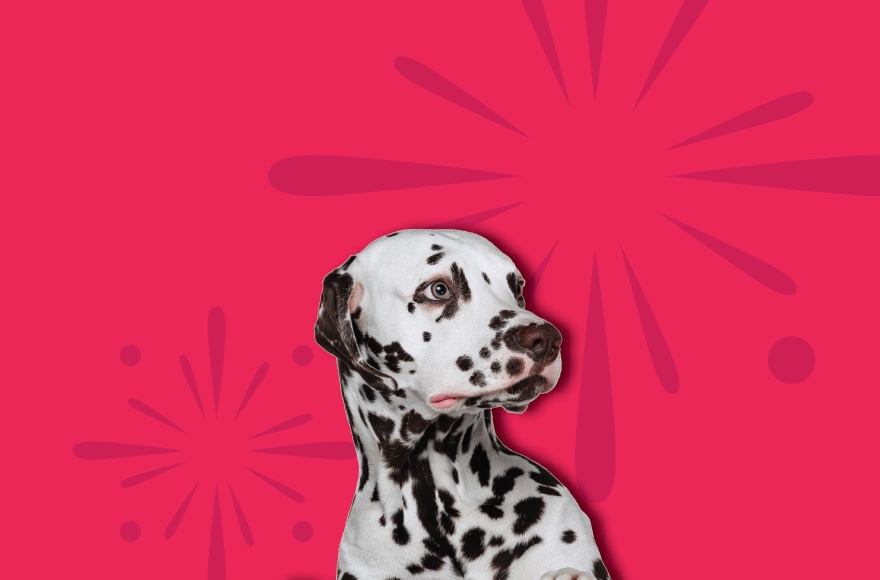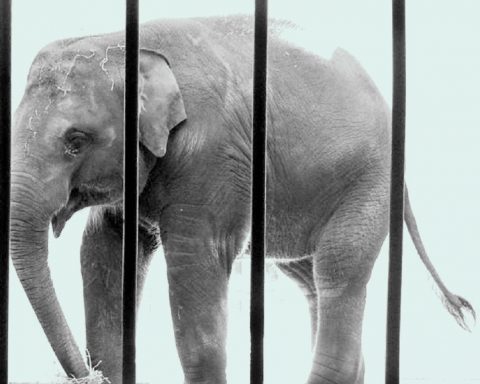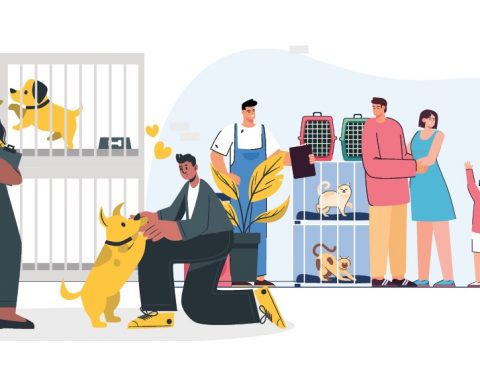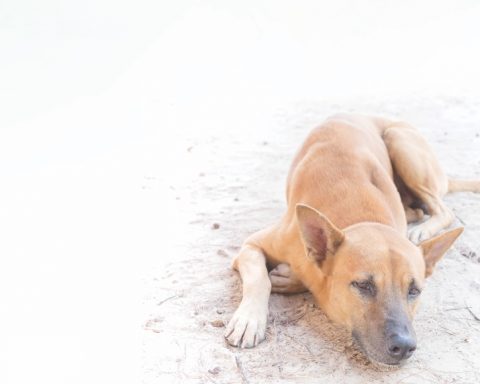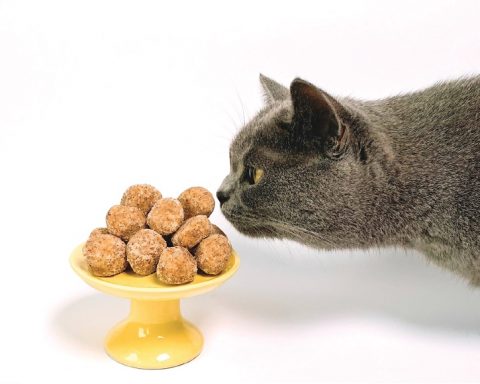Fireworks and your pets
Firework displays and loud flashy shows of exuberance seem to be part of the human condition where outlandish displays of grandeur seem to be necessary to embellish ones success or passing a specific anniversary etc. Personally I have never been partial to these displays of chest banging and neither does the rest of the animal world.
Sadly we can’t do much to protect most of the world’s animal kingdom from fireworks however we can do what we can for the animals under our care so that they don’t have to be scared as a result of this behaviour.
Make sure your dog or cat always has somewhere to hide if they want to and has access to this place at all times. For example, this may be under some furniture or in a cupboard. It’s not the best scenario but at least it finds a degree of sanctuary and does not feel so exposed. Don’t try and force the animal out, remember it is scared so might be aggressive as a result of this. What you might feel is comforting is not necessarily the case for the pet.
Make sure your cat or dog is always kept in a safe and secure environment and can’t escape if there’s a sudden noise. A petrified animal that has escaped into an environment where elements are out of your control could be a danger to themselves and to others.
During fireworks seasons, walk dogs during daylight hours and keep cats and dogs indoors when fireworks are likely to be set off.
At nightfall, close windows and curtains and put on music to mask and muffle the sound of fireworks.
Never punish your pets if they are freaking out because they are scared, this will just compound the problem and make the animal more anxious.
Each evening before the fireworks begin, move your dog to the play area and provide toys and other things that they enjoy.
Do try not to leave a pet who has severe adverse reactions to fireworks alone. Your presence will be a comfort for the animal.
Ignore the firework noises yourself. Play with a toy to see if your dog wants to join in, but don’t force them to play.
Pheromone diffusers and pheromone collars are available from the vet clinic. These disperse calming chemicals into the room and may be a good option for your dog. The collar centralises the pheromones around the dog so in some cases is more effective.
In some cases your pet may prescribe medication. These are tranquilisers that will sedate your pet and make him less aware and therefore less frightened of fireworks. The effect varies with each individual animal but might be necessary especially in highly urbanised communities like ours.
The best solution is to go to the country over the firework season far away from high population densities, probably the best way for you and your pet to de-stress.

